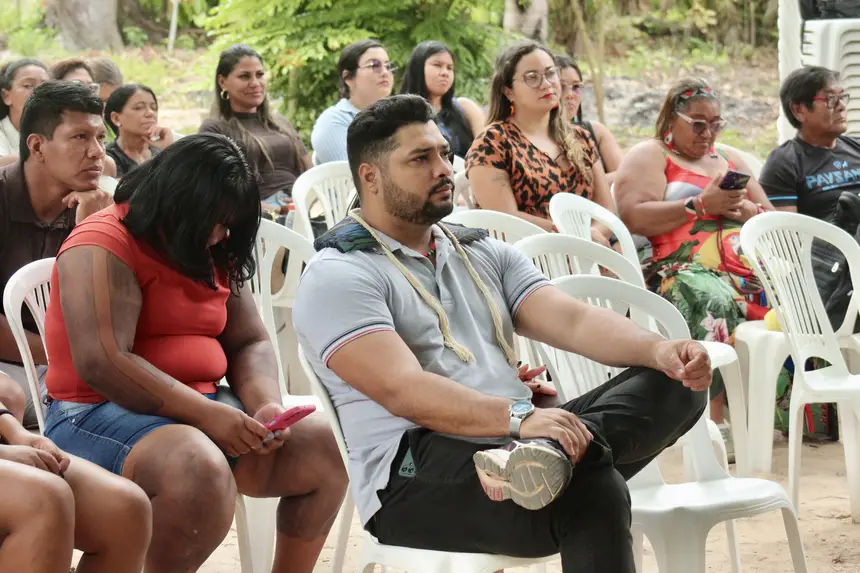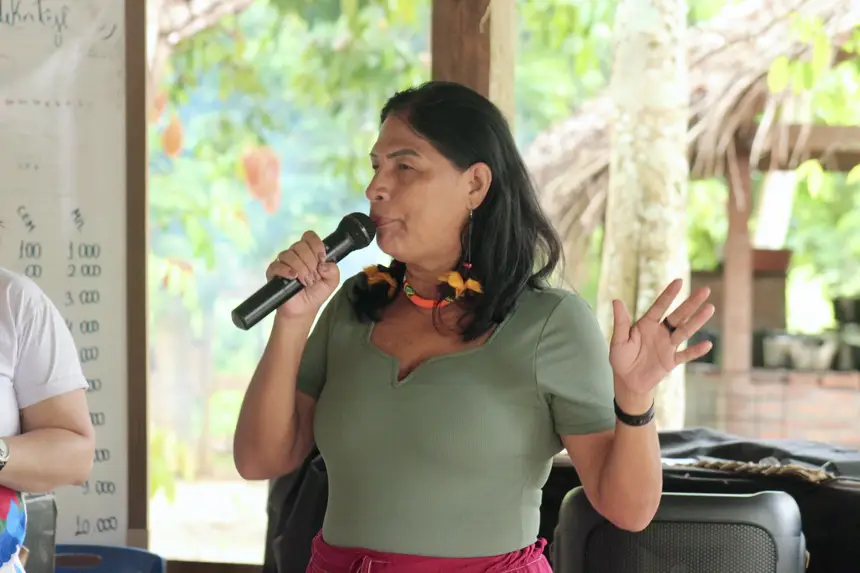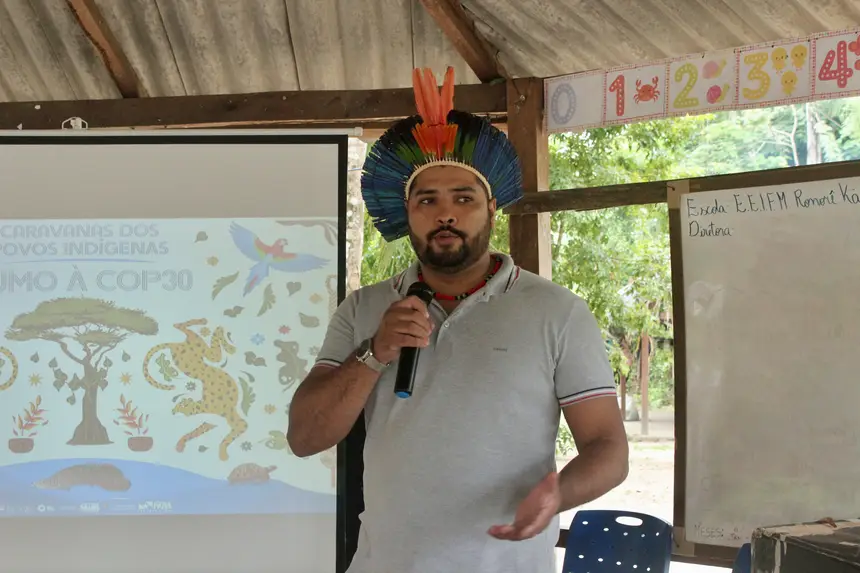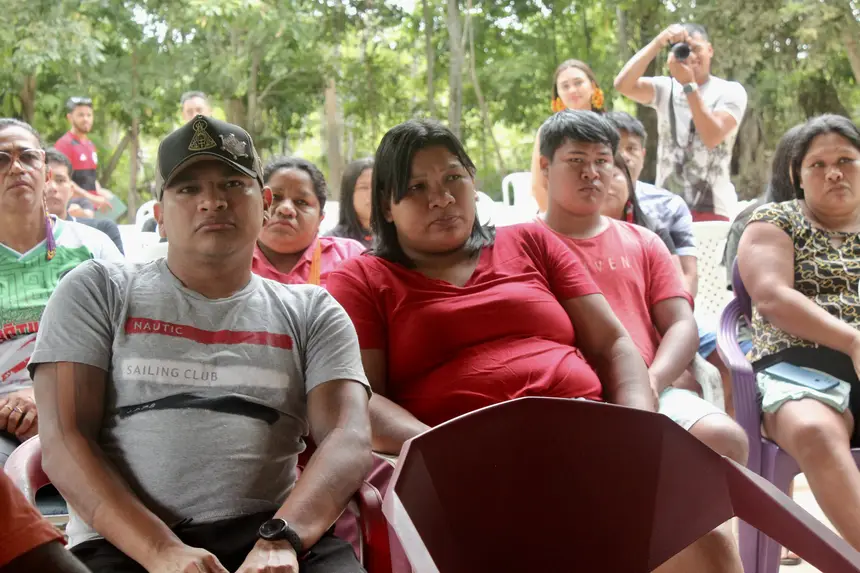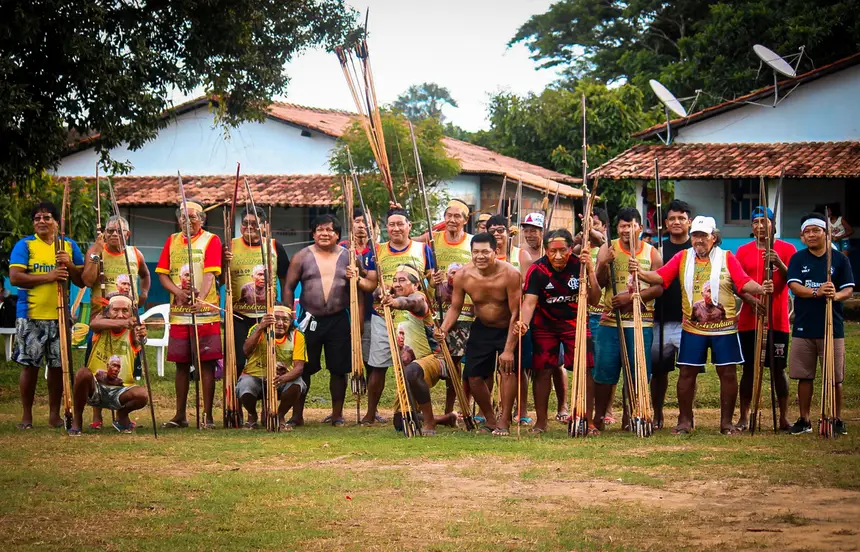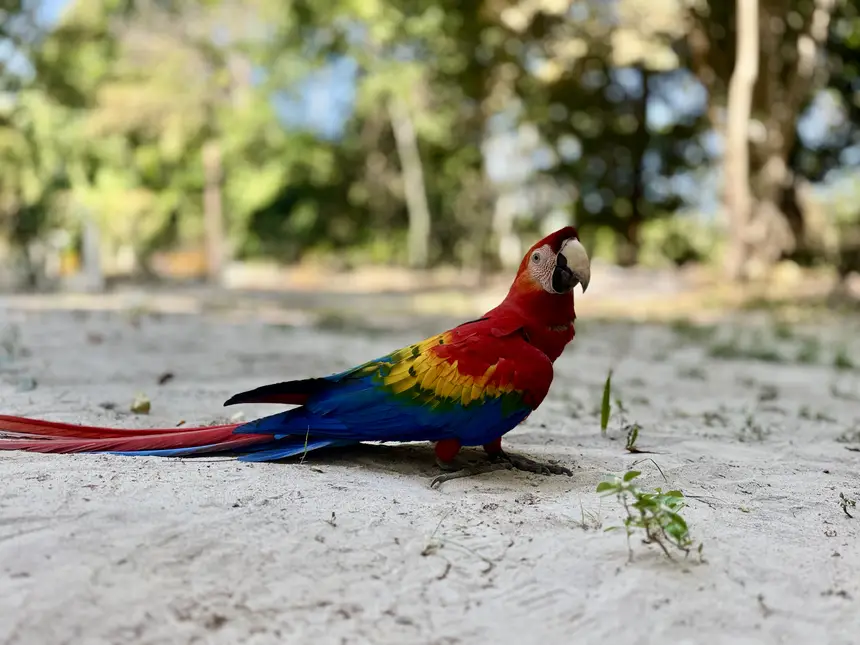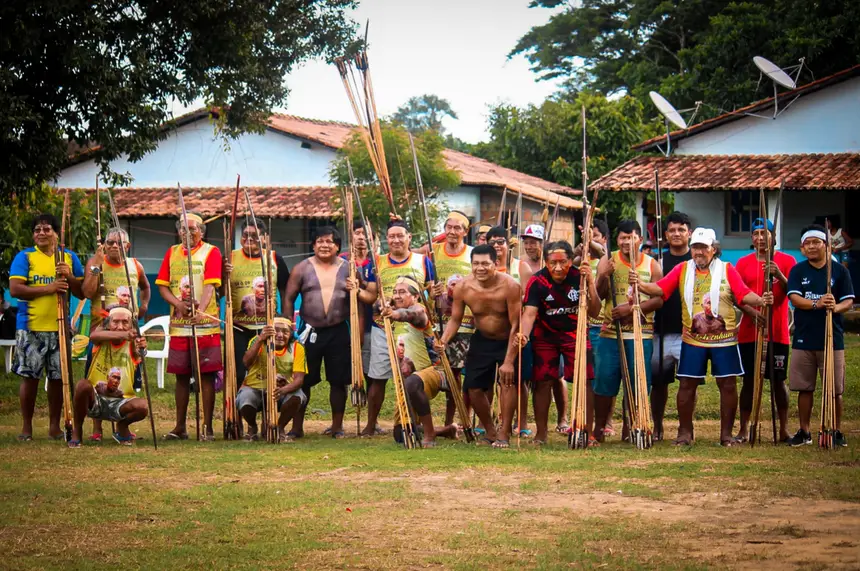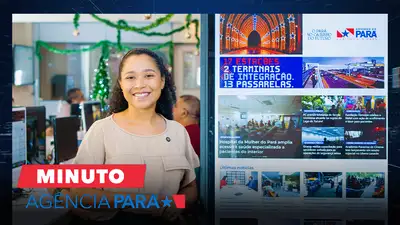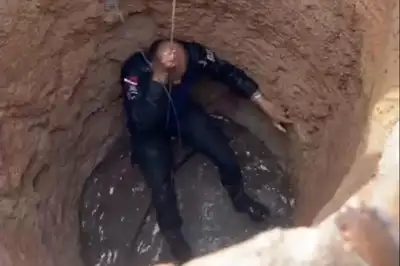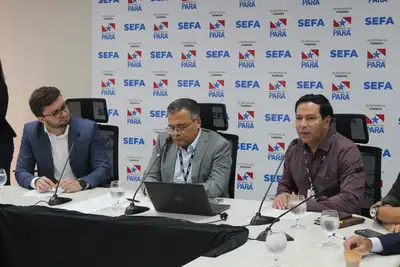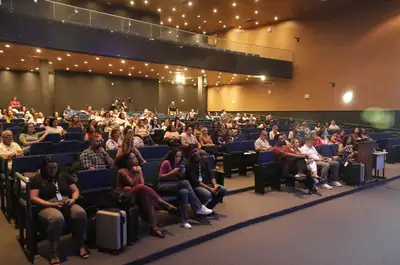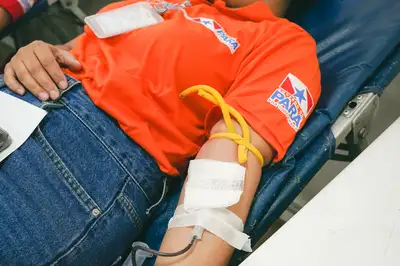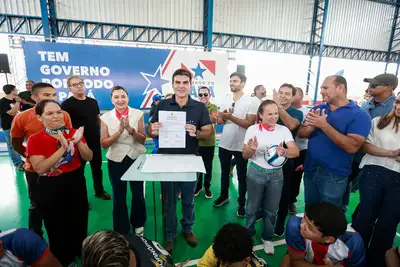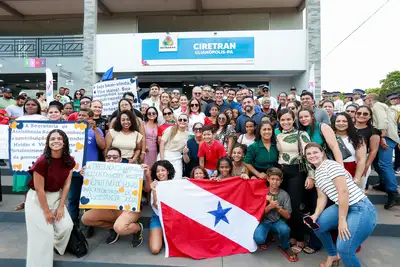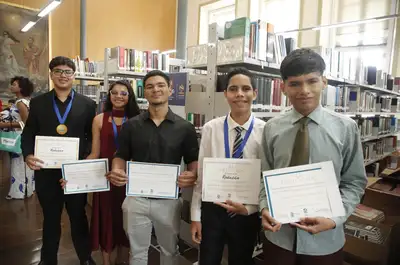Gavião People Receives Indigenous Peoples Caravan Towards COP30 with Debate on Climate and the Future of the Amazon
With strong participation from women, youth, and children, the action promoted by SEPI and partners brought together leaders in the Indigenous Land Mãe Maria and discussed topics such as carbon credits and renewable energies
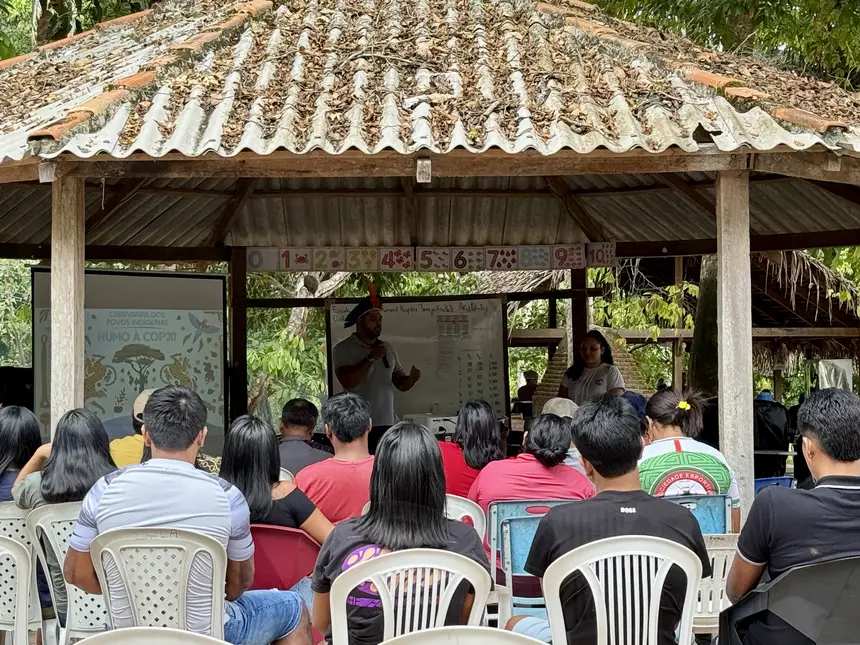
The Indigenous Land Mãe Maria, in Bom Jesus do Tocantins, was the stage for another edition of the Indigenous Peoples Caravan towards COP30, an initiative of the Government of Pará through the Secretary of Indigenous Peoples (Sepi), in partnership with the Federation of Indigenous Peoples of Pará (Fepipa) and supporters. The program brought together leaders of the Gavião people, along with a strong presence of women, youth, and children, who actively participated in discussion circles, workshops, and collective listening sessions.
The meeting provided space for indigenous peoples to present their proposals and demands in defense of the forest, also addressing strategic topics such as carbon credits, renewable energies, and climate justice, reinforcing the role of the Amazon in building solutions for the planet.
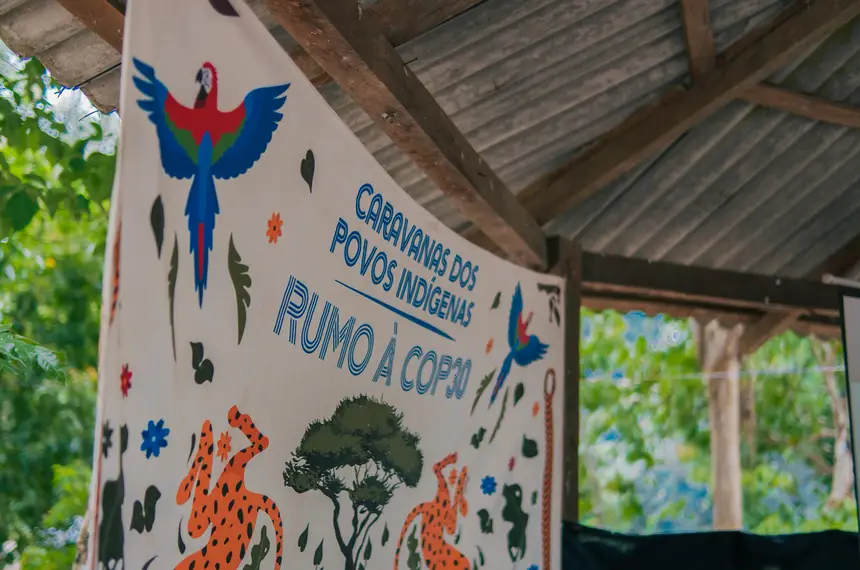
The Secretary of Indigenous Peoples of Pará, Puyr Tembé, highlighted that the Caravan is a historic action that places the peoples at the center of discussions about climate. “Once again, we heard directly from the communities how urgent it is to guarantee rights, territories, and the preservation of the forest. It is here, within the Indigenous Land Mãe Maria, that we show the world that COP30 will be built with indigenous peoples as protagonists and guardians of the Amazon,” she stated.
During the program, the Deputy Secretary of Sepi, Wiratan Sompré, reinforced the importance of broad community participation. “With each edition, we realize that the Caravan goes beyond preparation for COP30. It strengthens local leaderships, gives voice to women and youth, and brings hope for future generations. Discussing topics such as carbon credits and renewable energies within the territory shows that the forest has real alternatives for sustainable development,” he emphasized.
The president of Fepipa, Concita Sompré, reminded that the action is the result of joint articulation between the government and indigenous peoples. “Being together here means that we are building public policies with the participation of those who have always cared for the forest. For us at Fepipa, it is essential to ensure that every leader is heard and that women and youth are prepared to occupy decision-making spaces, bringing the message of the territories to COP30,” she said.
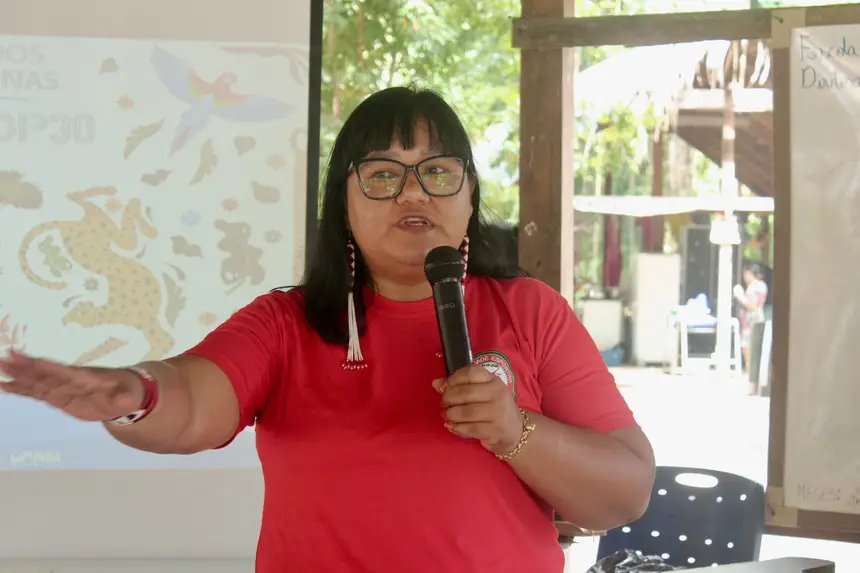
Among the voices of youth, Tuxere da Silva, a 14-year-old indigenous youth from the Krijõhêrêkatêjê village, emphasized the importance of the Caravan for collective learning. “The caravan was very important for us because it brought teachings and explained to those who did not yet know what COP30 was. But the most important thing is that they came to listen to us, to hear what we have to say. We also presented work and it was possible to see that we really learned. This was very valuable for us because it meant learning,” he highlighted.
Meanwhile, Takwyiti Hompryti Valdenilson, a leader from the Akrãtikatêjê village, reinforced that the Caravan represents a space of awakening, especially for youth. “The caravan brought an awakening. Seeing the youth express their thoughts, questions, and desires, we realize that they are speaking about themselves. Talking about territory, the forest, biodiversity, impacts, and global issues is also talking about being indigenous and how we resist to this day. For years we have been conserving the forest and biodiversity. COP30 in Brazil is a response to that. But the question remains: how to keep our territory and our people intact? This meeting left me very contemplative and happy,” he emphasized.
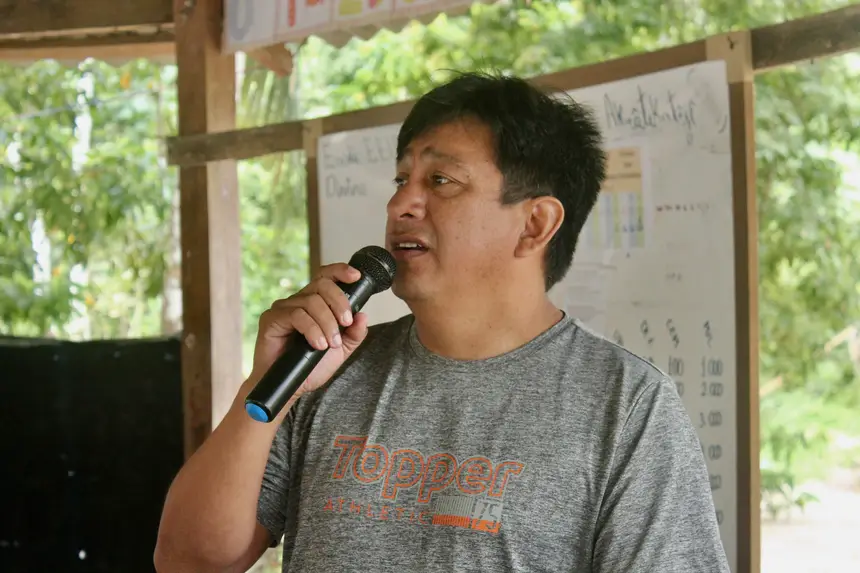
Throughout the day, the activities also included the presence of chiefs, elders, teachers, and indigenous communicators from the Gavião people, reaffirming the unity of the communities in defense of the living forest. The Caravan continues as one of the main tools of the Government of Pará to ensure that indigenous voices are at the center of discussions at the global climate conference, which will be held in Belém in November.


